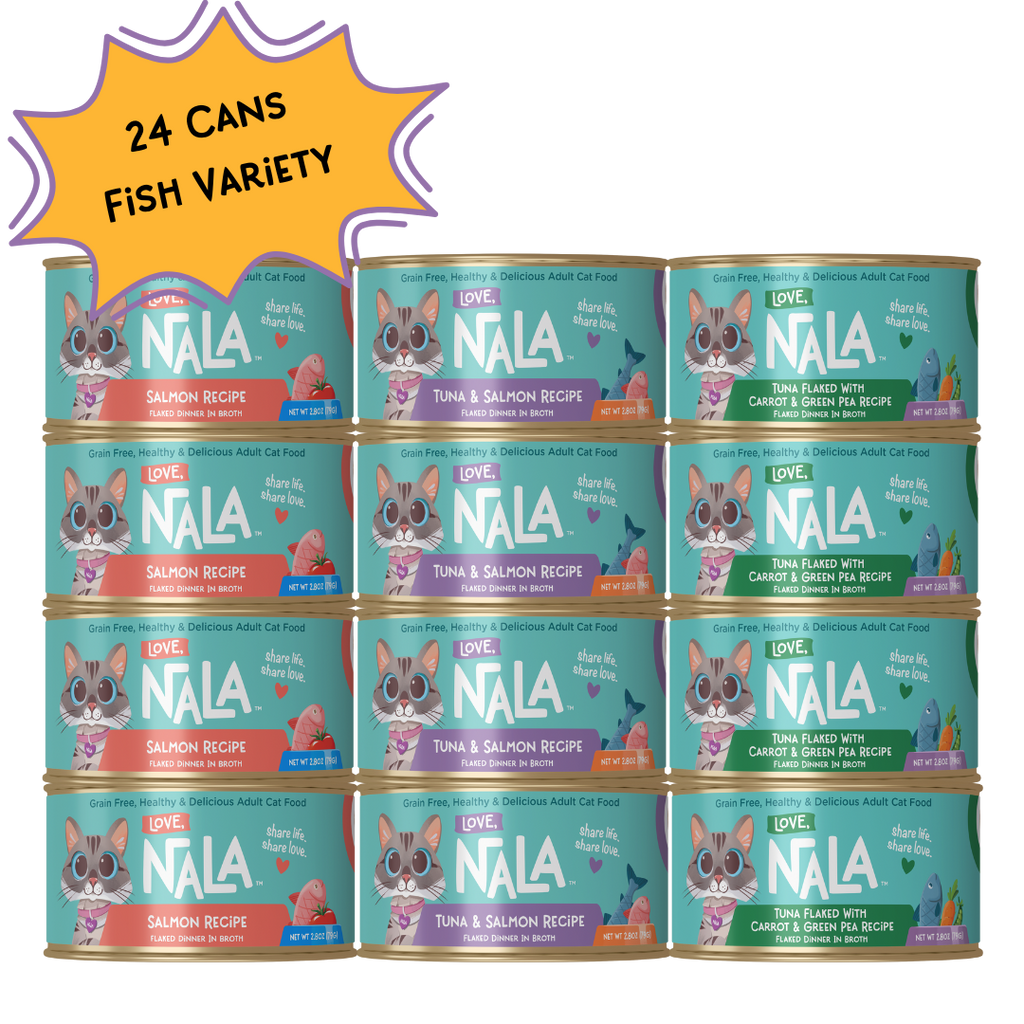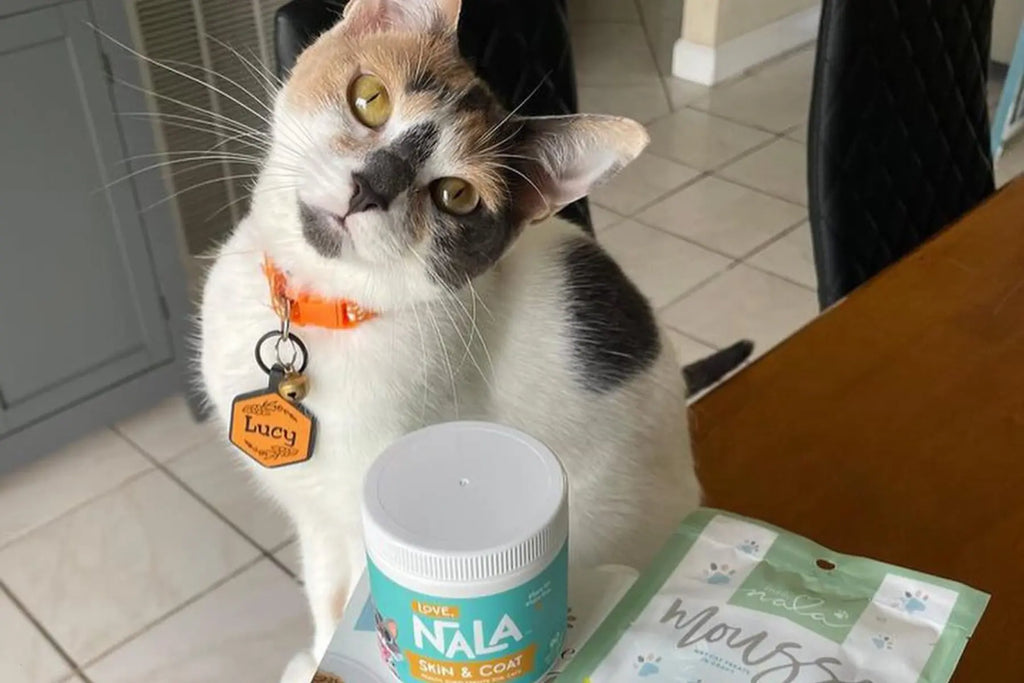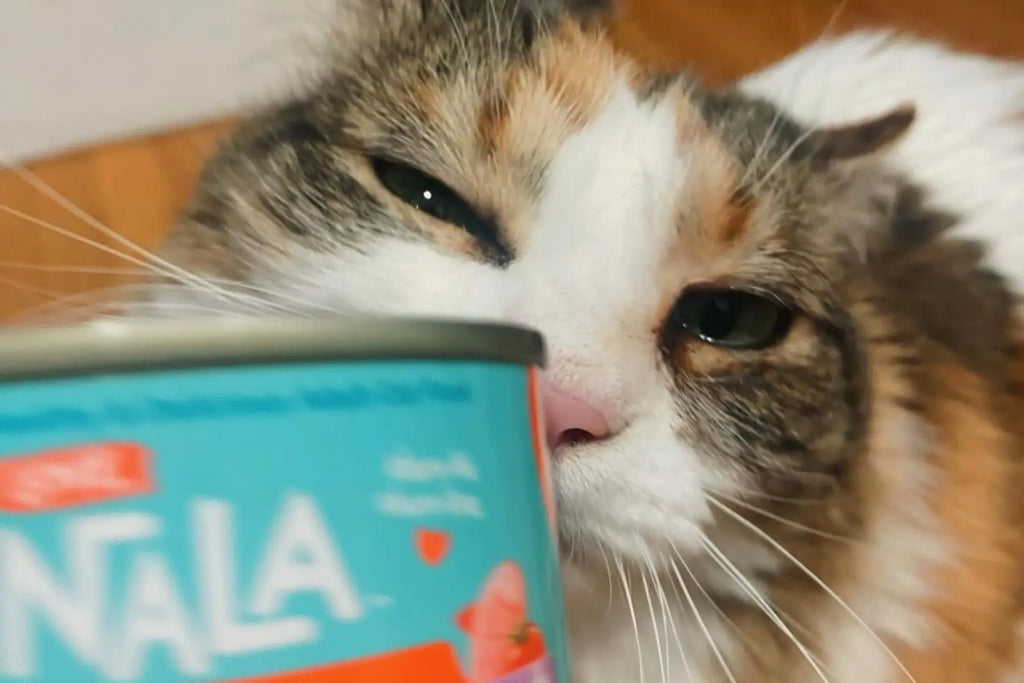When it comes to feline nutrition, the focus often centers on high-quality animal proteins, essential for a cat's health as an obligate carnivore. However, the inclusion of certain vegetables in a cat's diet can offer additional nutritional benefits that may surprise many pet owners. Among these, carrots stand out as not just a filler but a nutritious complement to cat food, providing a range of vitamins, minerals, and fiber. This introduction to carrots for cats challenges traditional perceptions and opens the door to a more holistic approach to cat nutrition.

The Nutritional Benefits of Carrots in Cat Food
Beta-carotene and Vitamin A Conversion
One of the standout features of carrots is their high beta-carotene content, a precursor to vitamin A, an essential nutrient for cats. This conversion process in the body ensures cats receive a natural source of vitamin A, pivotal for maintaining good vision, healthy skin, and a robust immune system. The inclusion of carrots in cat food leverages this nutrient conversion, providing a natural cat food component that supports vital bodily functions in felines.
Fiber Content for Digestive Health
Fiber aids in the regulation of bowel movements and contributes to the overall health of the digestive tract. For cats, especially those prone to hairballs or digestive irregularities, the fiber in carrots can help facilitate smoother digestion and reduce gastrointestinal discomfort, making cat food with carrots a beneficial choice for pet owners focused on nutritious cat food.
Supporting a Healthy Immune System
Apart from beta-carotene, carrots contain vitamins C and E, which are known for their antioxidant properties and role in immune health. These nutrients help neutralize harmful free radicals in the body, protecting cats from oxidative stress and supporting their immune response.
Myths and Realities of Vegetables for Cats
Debunking Common Misconceptions
A prevalent myth is that cats, being obligate carnivores, derive no benefit from consuming vegetables. This view overlooks the nuanced nature of feline nutrition, which can be enhanced by the strategic inclusion of certain vegetables like carrots. While it's true that the primary source of nutrition for cats should be animal-based proteins, vegetables can provide supplementary nutrients not always available in meat. Understanding the role and benefits of vegetables in cat food is crucial to debunking these myths and appreciating the holistic approach to feline diet formulation.
Insights into Vegetable Benefits
The inclusion of vegetables in a cat's diet, once considered unnecessary, has gained appreciation for its potential health benefits. Here's a closer look at how incorporating vegetables like carrots can be beneficial:
- Enhanced Digestive Health: Vegetables are a source of dietary fiber, which plays a crucial role in supporting a healthy digestive system. Fiber helps regulate bowel movements and can aid in preventing common issues such as constipation and hairballs by facilitating the smooth passage of ingested fur through the digestive tract. This can be particularly beneficial for indoor cats or those with longer fur.
- Antioxidant Protection: Vegetables are rich in antioxidants, which help combat oxidative stress in the body. This stress, if unchecked, can damage cells and contribute to the aging process and the development of chronic diseases. Antioxidants like beta-carotene, found in carrots, help protect cells and maintain cellular health, potentially reducing the risk of certain conditions.
- Immune System Support: The vitamins and minerals present in vegetables play critical roles in supporting the immune system. Nutrients such as vitamins C and E, although not required in the diet of cats who can synthesize vitamin C internally, can still offer immune support and enhance the body's ability to fight off infections and illnesses when consumed in small, diet-appropriate amounts.
- Nutritional Variety: Introducing vegetables into a cat's diet can provide a broader spectrum of nutrients, contributing to a more balanced and varied nutrient intake. This variety can help fill any nutritional gaps in a meat-only diet, ensuring cats receive a well-rounded array of vitamins and minerals necessary for optimal health.
It's important to introduce vegetables in moderation and in a form that's safe and digestible for cats, ensuring they receive the potential health benefits without compromising their nutritional needs.

Reviewing Carrot-Inclusive Cat Foods
Identifying High-Quality Products
High-quality cat food should list a specific type of meat, such as chicken, beef, or fish, as the first ingredient, indicating that the product is rich in the essential proteins cats need. Carrots, when included, should appear further down the ingredient list, signaling that they are used to enhance the food's nutritional profile without displacing the primary protein source.
Balance of Vegetables and Animal Proteins
The best cat food with carrots achieves a delicate balance between animal proteins and vegetable inclusions. This balance ensures that cats receive the amino acids and other nutrients they require from meat, with the added benefits of carrots contributing vitamins, minerals, and fiber to their diet. Look for products that demonstrate this balance, ensuring that the addition of carrots and other vegetables supports overall health.
Analyzing Ingredient Lists for Natural Foods
Analyzing the ingredient lists is a fundamental step in choosing natural cat food with carrots. Beyond the presence of carrots, the ingredient list should be free from artificial colors, flavors, and preservatives, indicating a commitment to natural cat food. Whole food ingredients and minimal processing are key indicators of a high-quality, nutritious cat food that respects the natural dietary needs of cats while providing the additional health benefits of vegetables like carrots.
Incorporating Carrots into Your Cat's Diet
Safe Introduction of Vegetables
Begin by adding a small amount of finely chopped or pureed carrots to their regular cat food. This method helps ensure that your cat can safely adjust to the new ingredient without digestive upset. Monitoring your cat's reaction to the introduction of carrots is crucial, as it allows you to measure their tolerance and preference for this vegetable addition.
Monitoring Your Cat's Acceptance and Health
Some cats may show a preference for carrots as a novel addition, while others might be indifferent or avoidant. Monitoring for any changes in digestion, appetite, or overall health can help determine if carrots are a beneficial inclusion in their diet.
Dos and Don'ts of Feeding Carrots
Introducing carrots or any new food into your cat's diet should be approached with care and consideration. While carrots can provide health benefits when included appropriately, it's important to follow some basic dos and don'ts to ensure they are a safe and beneficial addition to your cat's meals:
- Do start with small amounts: As mentioned previously, introduce carrots into your cat's diet gradually, starting with small amounts to observe how your cat reacts. This can help you measure both your cat's interest in carrots and their tolerance for this new food, minimizing the risk of digestive upset.
- Do ensure carrots are cooked and pureed or finely grated: To prevent choking hazards and ensure that the carrots are easily digestible for your cat, cook them until they are soft. Then, either puree them or finely grate them before adding them to your cat's food. This preparation makes it easier for cats to ingest and digest the carrots.
- Don't feed large quantities of carrots: While carrots can be a healthy addition to your cat's diet, they should only be offered in small, occasional amounts. Feeding large quantities can lead to digestive upset, primarily due to their fiber content, which can be difficult for cats to process in high volumes.
- Don't replace a significant portion of your cat's diet with carrots: Cats are obligate carnivores, meaning they require primarily animal-based proteins to meet their nutritional needs. Vegetables like carrots should only supplement a diet that is already rich in high-quality animal proteins, not replace a significant portion of it.
- Don't offer carrots seasoned or cooked with potentially harmful ingredients: Carrots should be offered plain, without any added seasonings or ingredients like onions or garlic, which are toxic to cats. Always ensure that any vegetables you add to your cat's diet are free from these and other potentially harmful additives.
Following these guidelines can help you safely incorporate carrots into your cat's diet, offering them the potential health benefits of this vegetable without compromising their overall nutritional balance.
Consulting with Veterinarians
Tailoring Diet to Individual Needs
Every cat is unique, with specific dietary needs that can vary significantly based on age, health status, activity level, and individual sensitivities. Consulting with a veterinarian is essential when tailoring a diet to these individual needs. Veterinarians can assess your cat's overall health and provide recommendations for a diet that supports optimal nutrition, including the potential addition of vegetables like carrots to address specific dietary gaps.
Addressing Nutritional Deficiencies
Through clinical examinations and diagnostic tests, they can determine if a cat lacks certain nutrients that are critical for their health. Whether it's a deficiency in essential vitamins, minerals, or amino acids, a veterinarian can recommend dietary changes or supplements, including nutritious cat food formulations that incorporate beneficial ingredients like carrots to rectify these deficiencies.
Ongoing Nutritional Management
Maintaining your cat's health requires ongoing nutritional management, which can be effectively supported with regular veterinary consultations. These check-ups provide an opportunity to review and adjust your cat's diet as needed, taking into account any changes in their health, lifestyle, or preferences. Veterinarians can monitor the impact of dietary changes, including the introduction of carrots for cats, and ensure that your cat continues to receive the best cat food for their needs.

Looking ahead, the role of vegetables, including carrots, in cat food is likely to evolve as we gain deeper insights into feline nutrition and health. Advances in research may further clarify the specific benefits and optimal amounts of vegetable inclusions in cat diets. Additionally, as pet owners become increasingly interested in natural cat food options that align with holistic health principles, we may see a greater variety of commercially available healthy cat foods that creatively and safely incorporate vegetables. The future of feline nutrition promises to embrace a more nuanced understanding of diet composition, reflecting a balance between traditional carnivorous needs and the holistic benefits of a diversified diet.




















